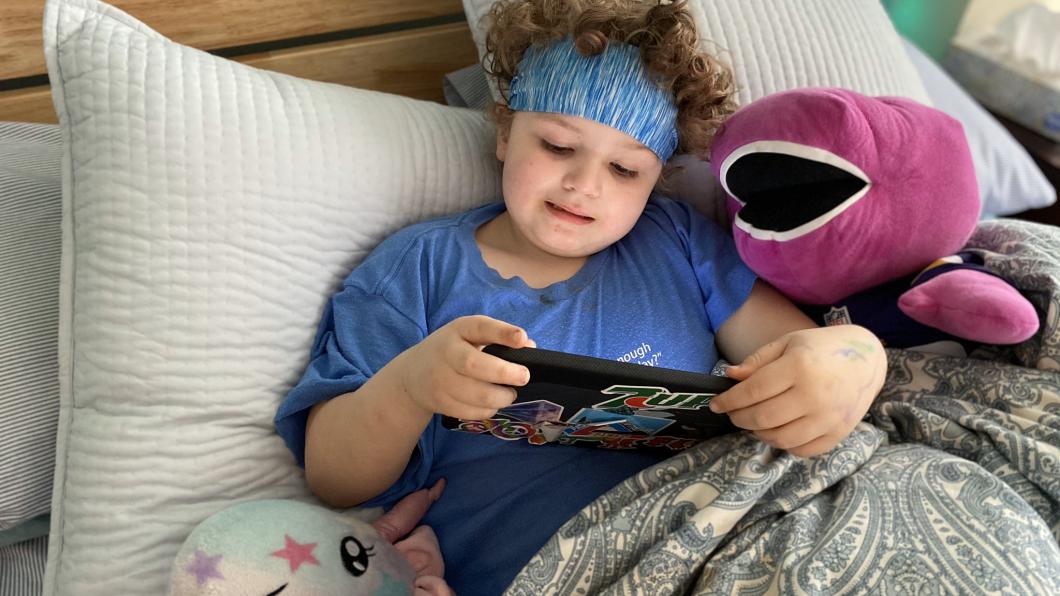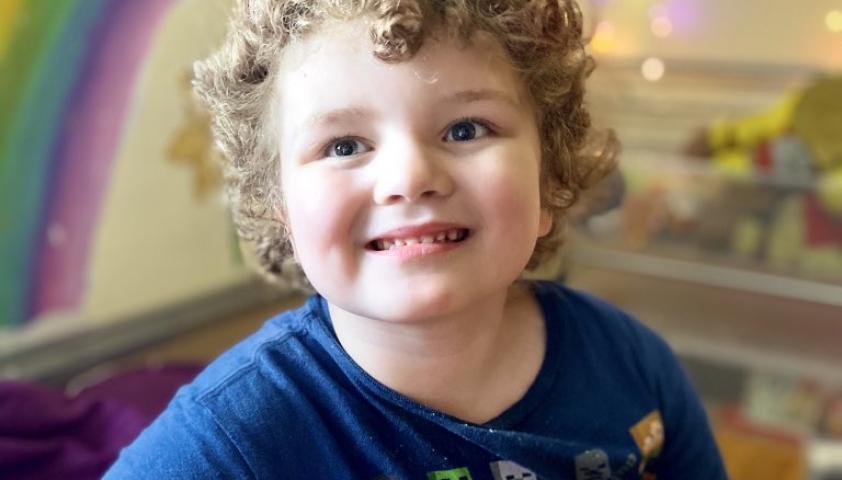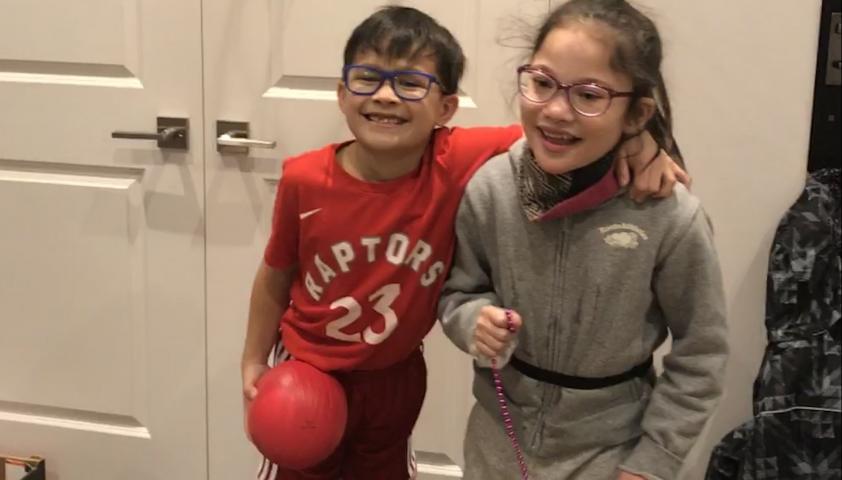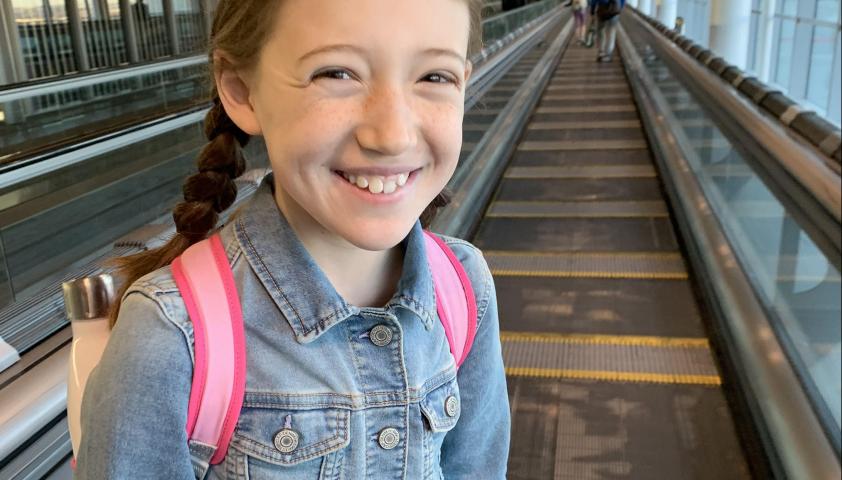
Coping in the days of COVID-19
In a blink of an eye, across the country, non-essential services were shut down, classes were cancelled, and people took to staying home to help stop the spread of the COVID-19 virus.
On March 11, 2020, the novel coronavirus was declared a global pandemic by the World Health Organization—and with that came changes that would shake up families’ lives and routines, with many figuring out how to navigate their “new normal.”
Now, for the last few weeks, families, including those with kids with autism, are faced with the challenge of learning to navigate upended routines while trying to find one that works.
Yet, for these three kids and their families learning to be present while appreciating the time spent together is how they’re getting through their days.


At Home with Phoenix
“What’s it like to have Phoenix, a six-year-old with autism and ADHD, suddenly go from spending his days in a specialized school environment to being home with me and his teenaged sister, who also has autism and ADHD?” poses Susan.
“Well, it started with chaos and panic.”
Unexpectedly, Susan was faced with navigating a new world by caring for, teaching, and entertaining her kids 24/7, while functioning as a cohesive family unit in a two-bedroom apartment.
“So many families like ours got flipped upside down,” she says. “But, during those first few days I learned to let go of my other commitments and live in the moment, in this space.”
Currently, Susan has shifted gears from a structured day to what she calls “Camp Mommy.” The family now spends their days building a clubhouse in the kids' bedroom, setting up a makeshift gym with a mini trampoline, and using an iPad to create some digital artwork and FaceTiming Liam, Susan's oldest son, who is currently staying with his grandparents.
“I am not a behaviour therapist, speech therapist, occupational therapist or a teacher. But I can be a mom and a friend—and for the next little while that has to be enough,” she says.
“We will have regression and we will have frustration. But Phoenix will remember these days and this unusual time as those weeks we spent just being together. And for today that’s enough.”

At Home with Bella
Andrea describes her 10-year-old daughter Bella as a champ.
Bella was diagnosed with autism spectrum disorder as well as Pitt Hopkins Syndrome—a rare genetic condition impacting intellectual development.
“Since she was a baby, she has gone through life with a smile from ear to ear! She knows how to communicate with her iPad to request for her favourite song and also say ‘hello’ to new friends too.”
It’s that same “champ” attitude Andrea sees even more day-to-day as the family adjusts to social distancing and staying home.
“So far, things are good on our end and we’re making the best of it,” says Andrea. “To be honest, I needed the break away from work. It's kind of nice to not have any obligations to social interactions, classes, appointments, because we now get to spend a lot of time together.”
For her and her family, that means working with the space they have in their home to still stay physical.
“Petie is Bella’s younger brother, but he always looks out for his sister, and ensures that she is included in any game,” says Andrea. One of the kids' favourite activities is playing basketball.
“We’re Raptors fans at home, but since we can’t enjoy watching the team play right now, we try to have a game in our very own home.”

At Home with Amira
Despite the shutdown and self-isolation, Adrienne is happy to see how well her 8-year-old daughter Amira is coping with change.
“She really appreciates having access to all of us whenever she desires,” says Adrienne.
While Adrienne expected that the dramatic shift in the family’s schedule would cause Amira significant anxiety, Amira, who has been diagnosed with autism, seems to really appreciate her whole family being home.
“I’m embarrassed to say it, but the biggest change is regularly eating meals together,” she admits. “We were that family who was rushing from activity to activity, eating in the car, or rushing the girls through their food. Now we actually sit down and talk during meals!”
However, Adrienne also admits that on the flip side her and her husband do feel the effects of being “on” 24/7.
“The reality that we are now her sole support system is somewhat daunting. I think I underestimated how much I share the load with her teachers, coaches, etc. prior to this [new] reality,” she says.
“All in all, we’re doing okay. But I would be lying if I said I don’t dream about when this will all end!”
If you’re in need of more tips and resources, check out our tip sheets committed to helping you navigate COVID-19.